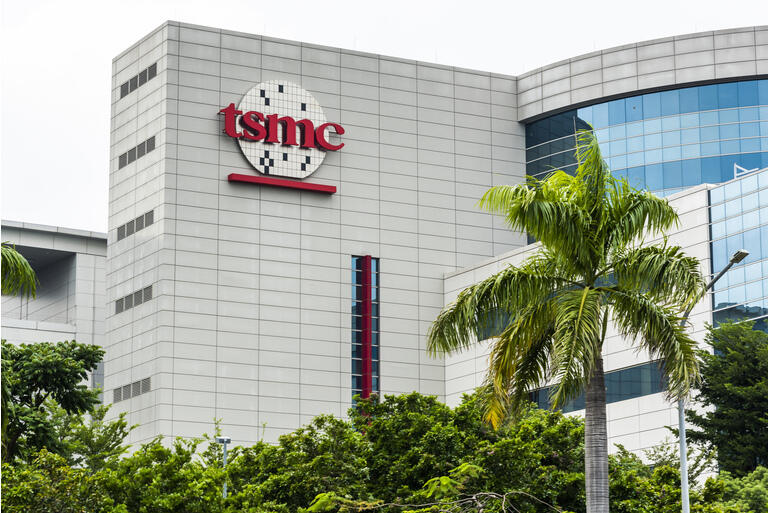 Taiwan should destroy chip infrastructure if China invades
Taiwan should destroy chip infrastructure if China invades

NEW YORK -- In the most-downloaded paper published by the U.S. Army War College in 2021, two American scholars propose a Taiwan deterrence strategy to render the island so "unwantable" that it would make no logical sense for China to seize it by force.
One key recommendation is for the U.S. and Taiwan to threaten to destroy facilities of Taiwan Semiconductor Manufacturing Co. -- the world's most important chipmaker and China's most important supplier -- if Beijing invades.
Samsung, based in U.S. ally South Korea, would be the only alternative for cutting-edge designs. If TSMC went offline, "China's high-tech industries would be immobilized at precisely the same time the nation was embroiled in a massive war effort," the authors note. "Even when the formal war ended, the economic costs would persist for years," the paper suggests, adding that such a scenario could hurt the legitimacy of the Chinese Communist Party.
The challenge, the authors argue, is to make such a threat credible. "An automatic mechanism might be designed, which would be triggered once an invasion was confirmed," they write.
"Despite a huge Chinese effort for a 'Made in China' chip industry, only 6% of semiconductors used in China were produced domestically in 2020," the paper notes.
"Broken Nest: Deterring China from Invading Taiwan" was written by Jared McKinney, chair of the Department of Strategy and Security Studies at the eSchool of Graduate Professional Military Education, Air University, and Peter Harris, associate professor of political science at Colorado State University. The views do not necessarily represent those of Air University or the U.S. Air Force, McKinney said.
China has responded strongly to the report. On Dec. 23, the website of the Chinese State Council's Taiwan Affairs Office posted an article noting that "the mainland's pursuit of cross-strait reunification is definitely not for TSMC."
The controversial approach stems from an acknowledgement that traditional deterrence strategies -- such as forward-deploying American warships in Taiwan's vicinity -- may not be enough to discourage Beijing from taking action in the Taiwan Strait.
The People's Liberation Army's goal for a successful invasion is 14 hours, a Chinese analyst with connections in the PLA Navy told the authors, while the PLA projects the U.S. and Japan to need 24 hours to respond.
"If this scenario is close to being accurate, China's government might well be inclined to attempt a fait accompli as soon as it is confident in its relative capabilities," McKinney and Harris write.
While ensuring that key chip-producing facilities do not fall into Beijing's hands, the U.S. and allies could also form contingency plans to quickly evacuate highly skilled Taiwanese working in this sector and give them refuge, the paper proposes.
The authors acknowledge that this "scorched-earth" strategy will be unappealing to the Taiwanese. But the costs "will be far less devastating to the people of Taiwan than the U.S. threat of great power war, which would see massive and prolonged fighting in, above, and beside Taiwan," they continue.
McKinney told Nikkei Asia that the plan brings the economic instrument of power into the deterrence argument and that it offers "an alternative to fighting a great power war at a location 5,000 miles west of Hawaii, a prohibitively difficult proposition."
Harris said: "If the U.S. and Taiwan wish to deter China from invading, then they should look for means of doing so that do not rely on the threat of U.S. military reprisals. Relying exclusively on military threats is becoming less credible and thus more dangerous."
Meanwhile, the paper proposes making efforts to convince Beijing of the "considerable advantages" to maintaining the status quo.
"Washington must restate in unambiguous terms the status of Taiwan is undetermined, that the United States has no plans to support independent statehood for Taiwan, and it will not seek to shift the status quo using gray-zone tactics that violate the spirit of Sino-American rapprochement," the authors write.




No comments:
Post a Comment
Note: Only a member of this blog may post a comment.